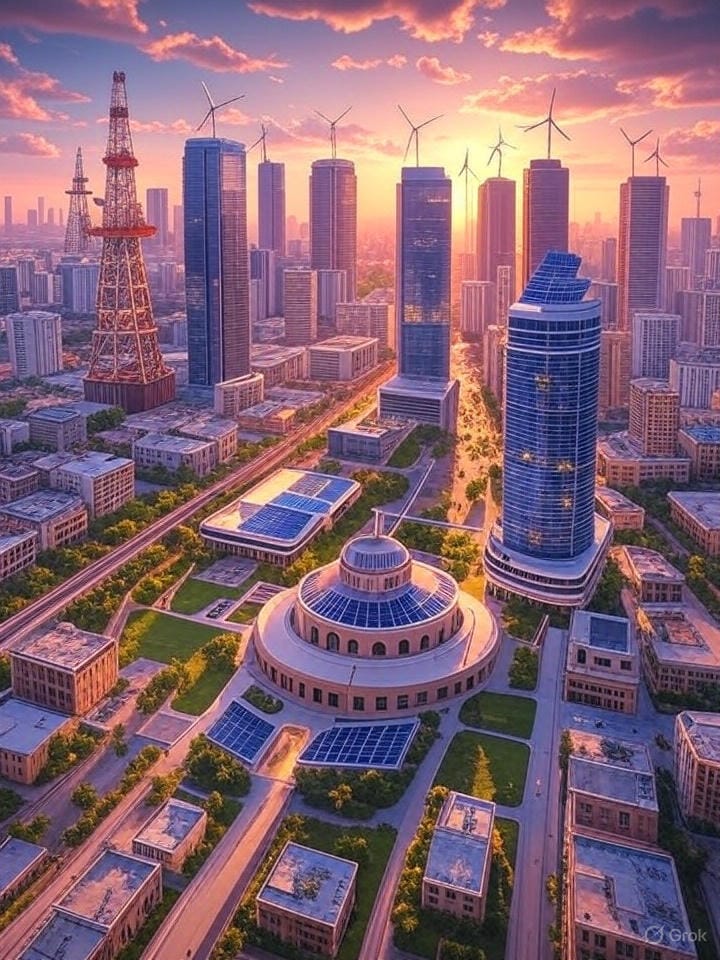The Finite Nature of Crude Oil
The Middle East, a region long synonymous with vast oil reserves, faces a stark reality: only 30 to 35 years of crude oil stocks remain. This realization has sparked a critical shift in economic thinking among Gulf nations. For decades, these countries have relied heavily on fossil fuels, underpinned by the petrodollar system established in the 1973 oil-for-security deal with the United States. This arrangement tied their economies to the US dollar, creating a dependency that limited diversification. Now, with the finite nature of oil reserves becoming undeniable, Middle Eastern nations are rethinking their economic strategies to ensure long-term sustainability.
Breaking Away from the Petrodollar
The petrodollar system, while lucrative for decades, is increasingly seen as a constraint. Gulf nations recognize that tethering their economies to a single, finite resource and a single currency hinders their ability to develop robust, diversified economies. The impending end of the 1973 deal, coupled with global shifts toward alternative energy sources, has prompted countries like Saudi Arabia and the UAE to explore selling oil in non-dollar currencies and formats. This move signals the potential decline of the petrodollar and the fiat US dollar dominance, with significant implications for global trade. The upcoming China-Arab Summit, where Chinese President Xi Jinping will engage with Gulf leaders, underscores this shift. By next year, when the BRICS currency is expected to launch, Gulf nations may further accelerate their detachment from the dollar.
Diversifying Economies: A New Vision
To secure their economic futures, Middle Eastern nations are actively diversifying into sectors such as manufacturing, services, and tourism. This transition requires not only economic restructuring but also cultural and social openness. Initiatives like yoga programs and cultural exchanges with countries like India reflect a broader deradicalization effort, aimed at fostering environments conducive to diverse industries. By embracing these changes, Gulf nations hope to attract global investment and talent, reducing their reliance on oil revenues.
Global Energy Transition
The global community also acknowledges that fossil fuels are not a sustainable long-term solution. Research and development in alternative energy sources—such as hydrogen fuel, lithium batteries, and thorium-based nuclear reactors—are gaining momentum, particularly in Asia. These innovations signal a broader move away from fossil fuel dependency, aligning with the Middle East’s push for economic diversification.
Conclusion
The Middle East stands at a pivotal moment. The realization of dwindling oil reserves, combined with the limitations of the petrodollar system, has catalyzed a strategic shift toward diversified economies and reduced reliance on the US dollar. As Gulf nations embrace new sectors and global partnerships, the world watches the decline of the petrodollar and the rise of a more varied economic landscape. The China-Arab Summit and the anticipated BRICS currency launch mark critical steps in this transformation, heralding a new era for the Middle East and the global economy.
